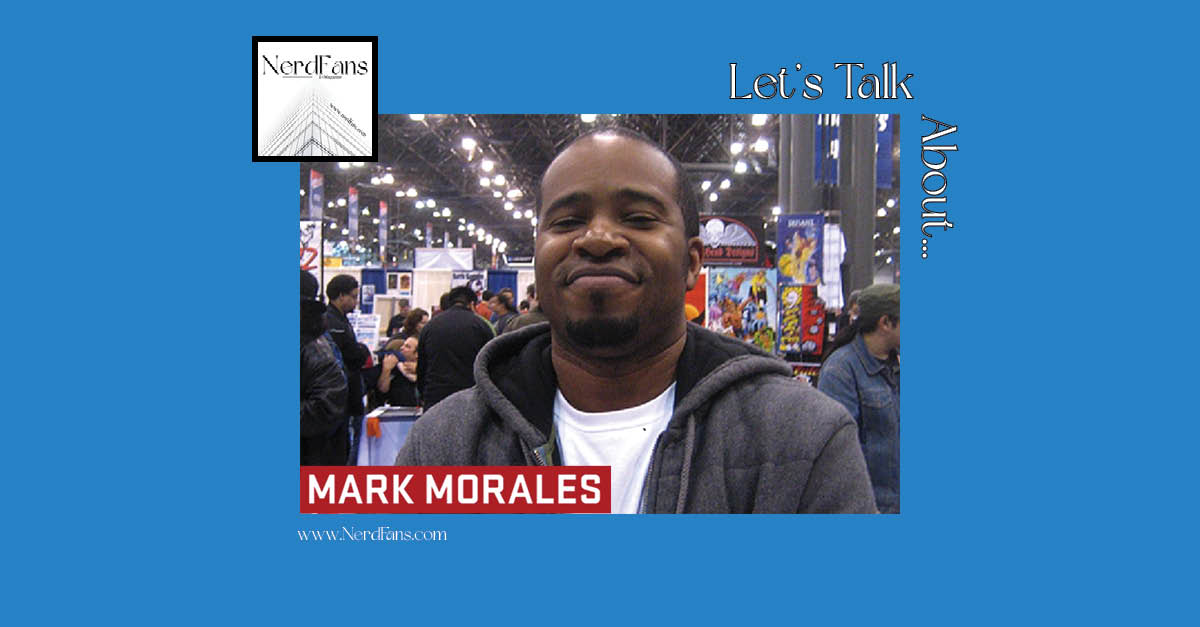An Editorial Team reason for rejection
In 1951, J.D. Salinger published what has become a classic American novel, The Catcher in the Rye—a book that’s sold over 35 million copies to date. In early 2009, Swedish author Fredrik Colting (writing under the pen name “J.D. California”) self-published his first novel through his own small publishing house. It was titled 60 Years Later: Coming through the Rye.
Colting’s book borrowed its lead character, Holden Caulfield, from Mr. Salinger’s original, imagining what might happen to this legendary antihero at age 76. (It was pretty similar to what happened to him at 16.) Colting even advertised his new book as “a marvelous sequel to one of our most beloved classics.”
The problem? J.D. Salinger alone owns the copyright to the character of Holden Caulfield, and only he has the sole and exclusive right to publish any sequels to The Catcher in the Rye. No one else. The only exceptions would be in the case of parody or distinct literary criticism on the original work. When Mr. Salinger heard of “J.D. California” and the unauthorized sequel to his book, he objected with great gusto.
It was not surprising, then, that in July 2009 a US District Court barred publication of Colting’s book in the United States on grounds of copyright infringement. What was surprising is that Fredrik Colting was surprised he lost in court. He appeared blissfully unaware that he was violating basic copyright law.
And that’s where you come in.
Unfortunately a great number of aspiring writers appear to share Mr. Colting’s disregard for copyright law and rights ownership. Intellectual property laws seem to be nothing more than a minor nuisance for lawyers to worry about. As a result, copyright issues are often ignored or misapplied in an effort to achieve quick success in publishing.
I know of authors who thought nothing of simply copying blocks of text off of Martha Stewart’s website and pasting it right into their own manuscripts. Another editor I know actually lost his job when he trusted that one of his authors had written what he’d said he’d written. Turned out that author had simply appropriated material from a Chicken Soup for the Soul book, blissfully unaware that he was violating copyright law by doing that. And the list goes on.
So here’s the deal: If you send me your next great idea, and it’s based on someone else’s original idea (a sequel to Star Wars anyone?) or if I see that you haven’t properly documented your sources, or if it’s apparent that you are mistake-prone when dealing with copyright issues … well, I’m going to reject your book. I can’t afford to face the legal liabilities that might be incurred because you are ignorant of the law.
What You Can Do About It
1. Become an expert on copyright law.
The simple fact is that if you intend to profit from intellectual property (your writing), you’d better know how the law governs your rights to that property.
For instance, did you know that your copyright benefits are actually a constitutional right (up there with freedom of speech and the abolition of slavery)? They are guaranteed by article 8, Section 8 of the US Constitution. And did you know that you don’t even have to publish or affix a copyright notice on your work for it to be copyrighted? In fact, putting a copyright notice on your book proposal immediately shows you are a rank amateur and someone I’ll have to educate if I sign you to a contract. As soon as you put your words into “fixed form” (such as on paper, in a computer file, on an audio recording, or even on the brim of a cowboy hat) they are solely and completely yours.
These are the simplest principles of copyright ownership. It’d be wise for you to become an expert on the rest. Here are a few resources to help you do that:
• Intellectual Property by Roger E. Schechter and John R. Thomas (Highly recommended.)
• Kirsch’s Handbook of Publishing Law by Jonathan Kirsch
• The Public Domain by Stephen Fishman
• US Copyright Office – http://www.copyright.gov
2. Create your own success.
Seriously, you don’t need to depend on someone else’s writing or ideas or characters or universes or whatever. You are certainly capable of creating success on your own, without having to rip off someone else’s material. So just do that.
Don’t waste your time trying to recreate what someone else has already created. Demand more of yourself. You’ll be pleased with the result.
3. Understand the nuances of parody and “unauthorized” publishing.
Yes, it’s true that there are certain instances when you can legally appropriate material from another author and use it to create something of your own. The issues typically deal with definitions of “parody,” “criticism and commentary,” and “transformative” results. These exceptions are why you see “unauthorized” books about your favorite TV shows, or even a goofy film like Family Guy Presents: Something Something Something Dark Side.
HOWEVER—and this is important—an attempt at parody or “unauthorized” publishing can easily cross the line into copyright infringement, so you must know what you are doing. What’s more, you must be able to clearly defend yourself in a court of law. If you intend to pursue parody or unauthorized publishing, make sure you understand the nuances of those exceptions in the law. And make sure you can satisfactorily explain for an editor how they apply to your manuscript.
This subject is too complex to deal with adequately here, so check out the copyright references listed in #1 above for more details.
Looking for more? Check out these links:







